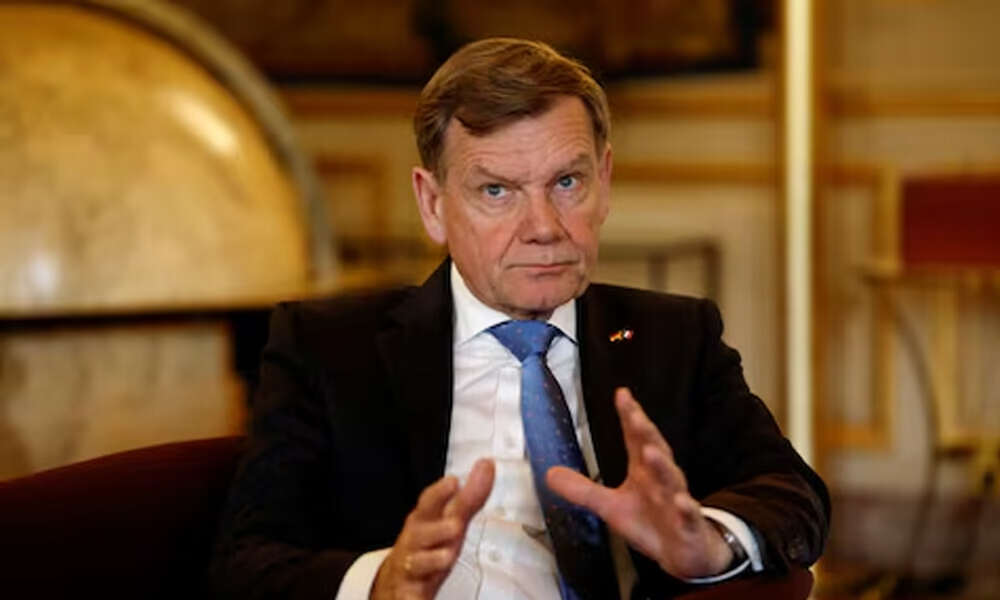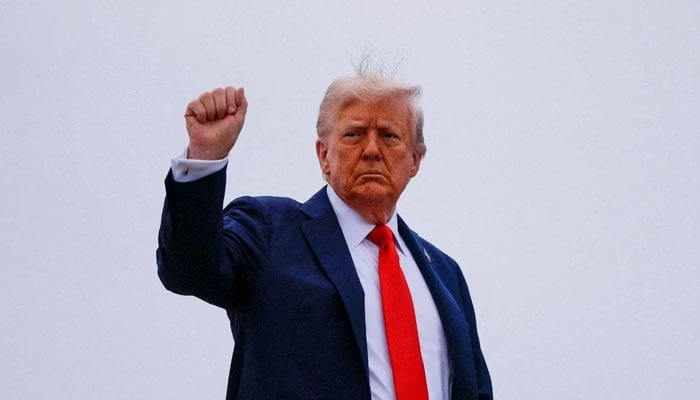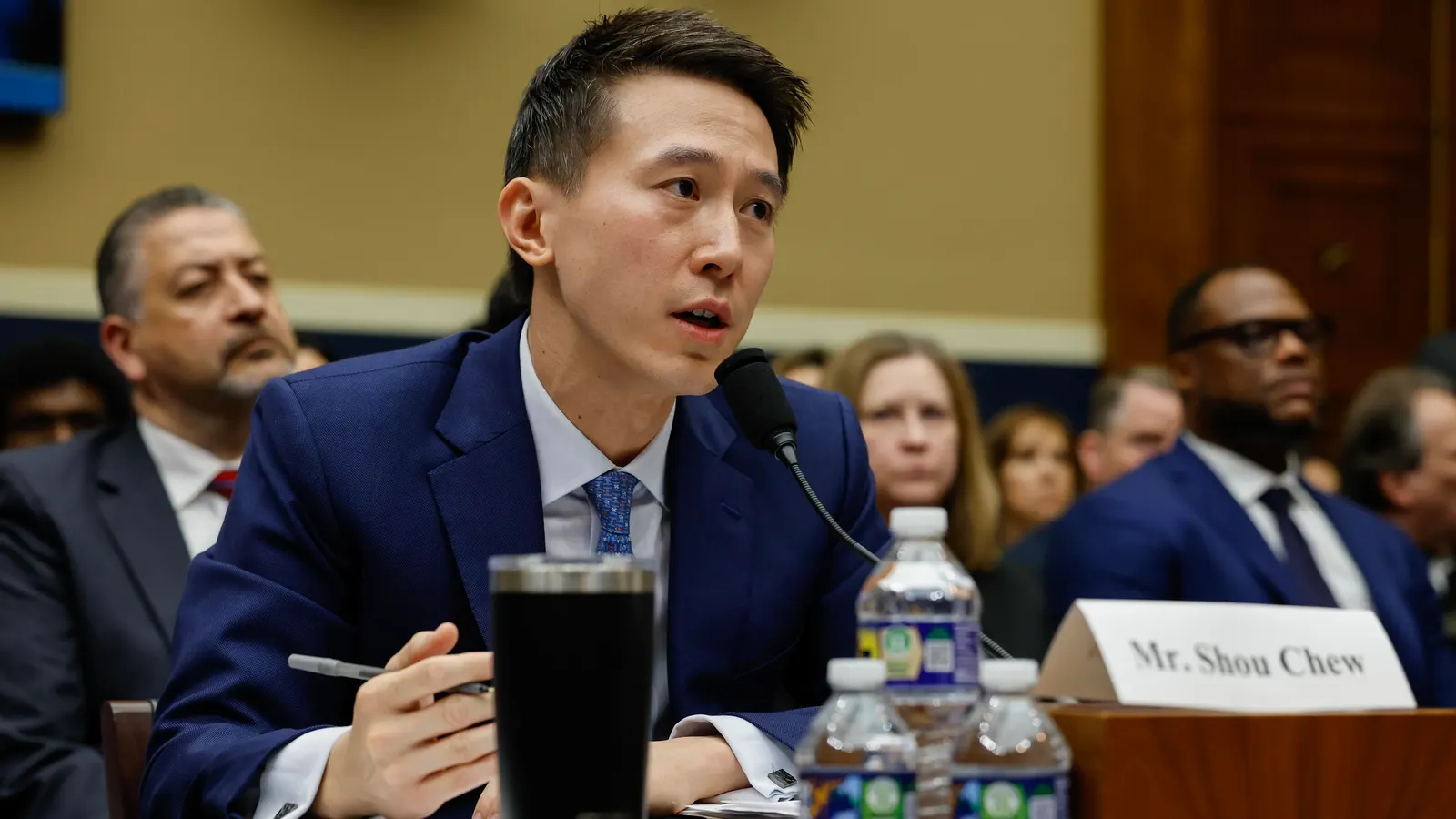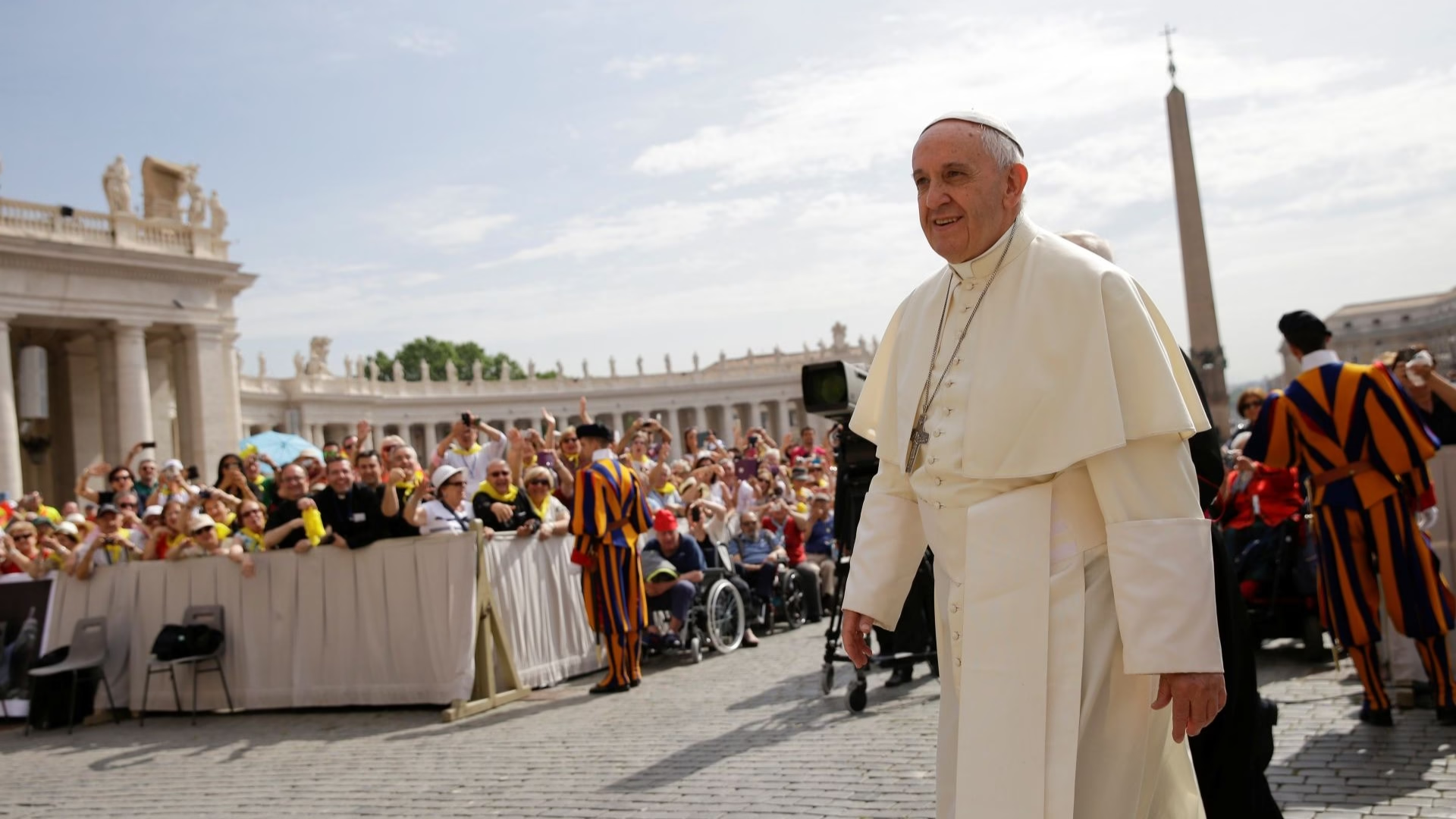The upcoming Alaska summit between U.S. President Donald Trump and Russian President Vladimir Putin is drawing global attention, with hopes that it could pave the way for a Ukraine ceasefire deal. As tensions continue to escalate in Eastern Europe, world leaders are urging stronger pressure on Moscow and increased support for Kyiv to achieve a just and lasting peace.
Germany Calls for Pressure on Russia
German Foreign Minister Johann Wadephul, speaking in Tokyo, emphasized the importance of stepping up diplomatic and economic pressure on Russia. He highlighted that more aid for Ukraine is critical to strengthen Kyiv’s negotiating position. According to Wadephul, the world is now watching Washington closely as Trump prepares to host Ukrainian President Volodymyr Zelenskiyy and European leaders at the White House following the Alaska talks with Putin.
Germany’s stance reflects a growing consensus in Europe that only coordinated international pressure can secure a meaningful Ukraine ceasefire deal. Wadephul underscored the need for firm security guarantees to ensure that Ukraine can defend itself effectively even after a ceasefire is reached.
European Leaders Back Kyiv Ahead of White House Talks
Ahead of the Alaska summit, European leaders, including German Chancellor Friedrich Merz, French President Emmanuel Macron, and British Prime Minister Keir Starmer, met to reinforce Ukraine’s hand in negotiations. Their joint message was clear: any territorial talks with Russia must include Kyiv at the table, and Ukraine’s sovereignty must remain non-negotiable.
The leaders welcomed U.S. discussions about a long-term security guarantee for Ukraine but stressed that the protection of Ukraine’s remaining territory is essential to any peace arrangement. Macron emphasized that Europe’s stability depends heavily on achieving a durable Ukraine ceasefire deal that respects international law and territorial integrity.
The Role of the United States in the Ukraine Ceasefire Deal
The United States continues to play a central role in shaping the direction of the conflict. President Trump has expressed determination to secure commitments from Russia that would stop hostilities and create the groundwork for negotiations. While critics argue that Moscow may use the talks to buy time, supporters believe that U.S. leverage could be decisive in pushing Putin toward concessions.
According to the Kiel Institute for the World Economy, as of mid-2025, Western countries have pledged over $300 billion in military, financial, and humanitarian aid to Ukraine. The U.S. remains the largest contributor, providing nearly half of this amount. These figures underline Washington’s ability to influence the conflict’s trajectory and strengthen Ukraine’s chances of securing a favorable ceasefire agreement.
Security Guarantees at the Heart of Negotiations
One of the most critical aspects of the upcoming discussions is the question of security guarantees. Wadephul and other European leaders argue that Ukraine must not only achieve a ceasefire but also secure mechanisms that prevent future aggression.
NATO’s role in this process remains sensitive, as full membership for Ukraine continues to divide opinions among allies. However, there is growing momentum for an alternative framework that would provide Kyiv with advanced defensive capabilities and ensure rapid Western support in case of renewed attacks. Such measures would make a Ukraine ceasefire deal more credible and sustainable.
Challenges and Risks of the Alaska Summit
Despite optimism, significant challenges remain. Russia has shown little willingness to make territorial concessions, insisting on recognition of areas under its control. Ukraine, meanwhile, insists that no peace deal can come at the expense of its sovereignty and territorial integrity.
Observers warn that without clear commitments, the Alaska summit could end without tangible progress. Furthermore, internal political dynamics in Washington, Moscow, and Kyiv add layers of complexity to the negotiations.
The Global Stakes of the Ukraine Ceasefire Deal
The outcome of these talks will not only affect Ukraine and Russia but also shape the future of global security. A successful Ukraine ceasefire deal would stabilize Europe, reduce the risk of energy shocks, and restore confidence in international norms. On the other hand, failure could prolong the conflict, deepen humanitarian suffering, and embolden other authoritarian powers to test international resolve.
According to the United Nations, more than 10 million Ukrainians remain displaced, and over 150,000 civilian casualties have been reported since the start of the conflict. These grim statistics highlight the urgency of achieving a ceasefire that can bring relief to millions affected by the war.
As President Trump prepares to meet President Putin in Alaska, the world waits to see whether a Ukraine ceasefire deal can be achieved. European leaders are rallying behind Kyiv, urging stronger pressure on Moscow while emphasizing the importance of firm security guarantees. With billions in aid already committed and millions of lives at stake, the Alaska summit represents a critical moment in the pursuit of peace.
The negotiations could mark the beginning of a just and lasting settlement. If not, the international community may face prolonged instability with far-reaching consequences.



